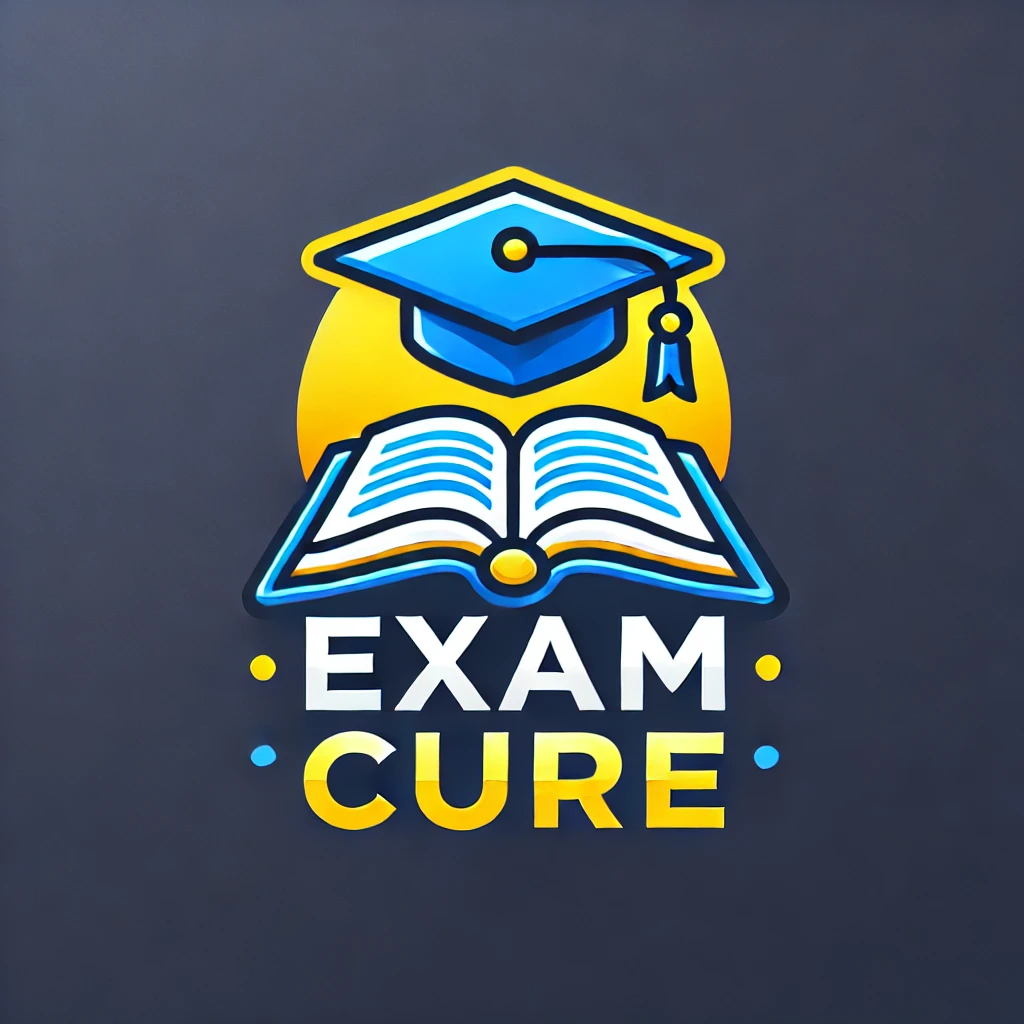Ace Dental Hygienist DHA Prometric Exam
Ready to pass the DHA Prometric Examination of Dental Hygienist? Then prep for the DHA Prometric exam with Exam Cure . Gain access to more than 1000 review practice questions with detailed explanations for both correct and incorrect responses.
The Dental Hygienist question bank follows the exam content outline for the DHA Prometric exam of Dental Hygienist.
Enhance your studies when you add on our NEW Full-Length Practice Exam. Not only will you have the knowledge needed to pass the certification test, but you will also be prepared by being familiar with the content of the DHA Prometric exam on test day.
Write your awesome label here.
Course contents
Key Dental Hygienist DHA Prometric Exam Q Bank Features &Benefits
Thorough Explanations
Become a better doctor with answer explanations that enable you to master the material.
Test Exams & Unlimited Quizzes
Assess where your strong and generate practices questions where you're weak.
Do better on your exams with answers.
Questions and teaching points are continuously updated.
Study at your own pace
You can enroll whenever you want, and study at your own time and pace.
About the Question Bank
Our review is designed to help you maximize your score on the Dental Hygienist DHA Prometric Exam. EXAM CURE questions and articles are based on our experts review of Dental Hygienist DHA Prometric exam Blueprints. Each Q Bank is designed to empower you to assess your knowledge and understanding of medical principles and concepts found on the Dental Hygienist Exam.
Multiple-choice questions
We have 700 Multiple-choice.
Dental Hygienist DHA Prometric Exam Overview
How many hours is the Dental Hygienist Exam?
The Dental Hygienist Exam is 3 hours
How many questions is the Dental Hygienist Exam?
The Dental Hygienist Exam is 150 questions
What topics are covered on the Dental Hygienist DHA prometric Exam?
More About the Dental Hygienist DHA Prometric Exam
Dental Hygienist Prometric Exam
Administered by: Dubai Health Authority (DHA)
Duration: 3 Hours
Number of Questions: 150
Pass Score: 55%
Fee: USD 240
Exam Code: DEN5141
Exam Coverage:
1. Basic Anatomy and Physiology, Biology, Physiology, and Oral Pathology
Study the fundamentals of anatomy and physiology related to the oral cavity.
Key Concepts:
Structure of teeth, gums, and supporting tissues.
Common oral pathologies.
Tips: Use diagrams to reinforce understanding of the anatomy of the oral cavity and associated structures.
2. Medical and Dental Histories
Gathering and interpreting comprehensive patient histories.
Key Concepts:
Understanding patient backgrounds, risk factors, and previous medical/dental treatments.
Tips: Familiarize yourself with questions that help identify conditions affecting oral health.
3. Extra and Intra Oral Examination
Techniques for conducting thorough examinations.
Key Concepts:
Identifying normal vs. abnormal findings in oral tissues.
Recognizing signs of oral diseases and systemic conditions.
Tips: Practice observation techniques for effective and quick examinations.
4. Non-Surgical Periodontal Therapy
Basics of periodontal disease management without surgery.
Key Concepts:
Scaling, root planing, and plaque control.
Patient education on oral hygiene practices.
Tips: Review techniques and tools used in non-surgical treatments.
5. Preventive Therapy
Approaches to prevent dental diseases.
Key Concepts:
Fluoride application, sealants, and dietary advice.
Emphasis on preventive measures in dental hygiene.
Tips: Study evidence-based preventive strategies and their benefits.
6. Management of Medical Emergencies and Medically Compromised Patients
Handling emergencies in a dental setting.
Key Concepts:
Emergency protocols for conditions like syncope, allergic reactions, and more.
Special considerations for patients with chronic illnesses.
Tips: Memorize emergency procedures and adapt care for medically compromised patients.
7. Communication Skills
Effective communication with patients and team members.
Key Concepts:
Patient education, active listening, and empathy.
Techniques for building rapport and ensuring patient compliance.
Tips: Practice active listening and clear, concise explanations for common procedures.
8. Community Dental Hygiene
Public health and community-focused dental hygiene practices.
Key Concepts:
Role of a dental hygienist in community health initiatives.
Promotion of oral health awareness.
Tips: Study community dental programs and outreach strategies.
9. Professionalism and Ethics
Standards of professional behavior and ethical practices.
Key Concepts:
Patient confidentiality, informed consent, and ethical dilemmas in dental care.
Tips: Review case studies that highlight ethical considerations in dental hygiene.
10. Patient Safety
Ensuring a safe clinical environment.
Key Concepts:
Infection control, sterilization techniques, and cross-contamination prevention.
Tips: Focus on OSHA and CDC guidelines for infection control.
Study Recommendations:
Blueprint-Based Preparation:
Allocate study time based on the weight of each topic. Focus on high-yield areas like preventive therapy, periodontal therapy, and patient safety.
Core Textbooks and References:
Use recommended resources such as:
1. Clinical Practice of the Dental Hygienist by E.M. Wilkins, Lippincott Williams & Wilkins.
2. Fundamentals of Periodontal Instrumentation by Nield-Gehrig J.S.
3. Dental Hygiene: Theory and Practice by Darby and Walsh.
4. Contemporary Periodontal Instrumentation by Diane H. Schoen, M. Catherine Dean.
5. Comprehensive Review of Dental Hygiene by Mosby, Michele Leonardi Darby.
Practice with Clinical Cases:
Familiarize yourself with case scenarios to apply theoretical knowledge in real-world situations.
Mock Tests:
Take timed practice exams to build familiarity with the question style and pacing.
Review Guidelines and Protocols:
Study best practices for infection control, emergency management, and patient safety to reinforce knowledge in these areas.

